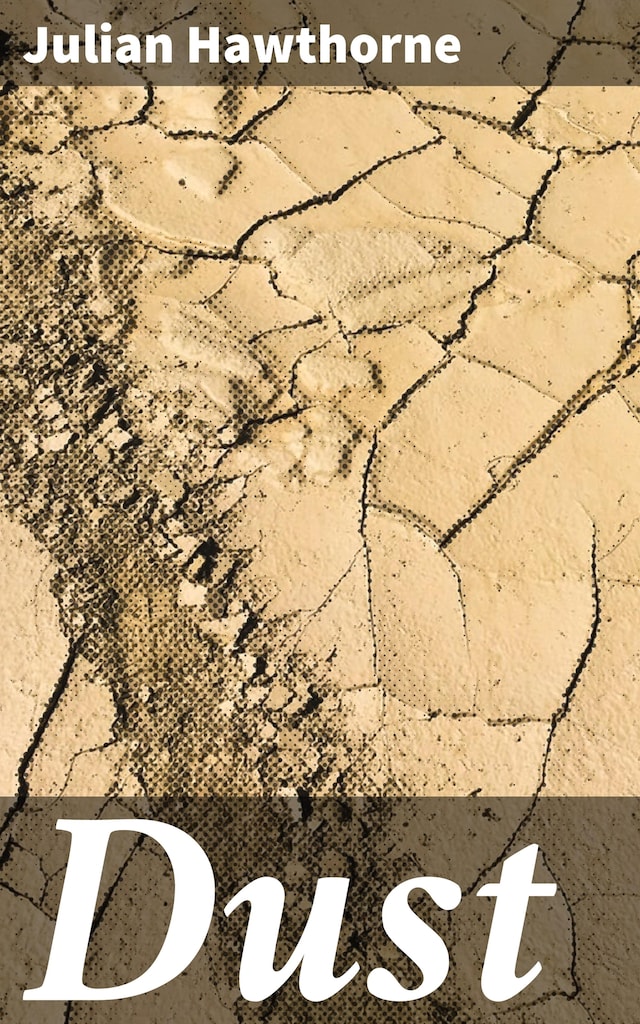
Dust
A Novel
Description of book
In "Dust," Julian Hawthorne constructs a rich tapestry of narrative that examines the complexity of human existence through a lens steeped in symbolism and introspection. The novel, infused with a Romantic sensibility, delves into themes of mortality, the passage of time, and the dual nature of reality. Hawthorne's prose is both lyrical and profound, employing vivid imagery that evokes the ephemeral nature of life, reflecting a literary style that resonates with the Naturalist and Transcendentalist movements of his time. The intricate layering of character development alongside philosophical inquiry speaks to the challenges of the human condition, creating a compelling narrative that invites contemplation and empathy. Julian Hawthorne, the son of the celebrated Nathaniel Hawthorne, grew up in an environment steeped in literary tradition, which profoundly influenced his own writing journey. His struggles with fame overshadowed by his father's legacy and his experiences with societal confines in post-Civil War America likely fueled his exploration of themes in "Dust." Hawthorne's understanding of the interplay between personal history and broader social dynamics infuses his work with a distinct tension that is both engaging and enlightening. I highly recommend "Dust" to readers seeking a thought-provoking exploration of life'Äôs intricacies. Hawthorne's masterful blend of storytelling and philosophical inquiry makes this novel not only a captivating read but also a significant contribution to American literature. Whether you are drawn to character-driven narratives or philosophical musings, "Dust" promises to resonate long after the last page is turned.
 Julian Hawthorne
Julian Hawthorne 408 Pages
408 Pages